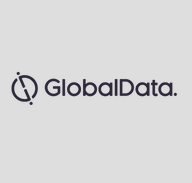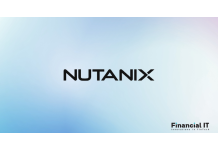Fintech Founders Embrace AI Revolution, but Confidence...
- 14.11.2025 10:30 am
Eurobank and Fairfax Digital Launch New Project With...
- 12.11.2025 03:55 pm
Chubb Launches AI-Powered Embedded Insurance Engine
- 12.11.2025 12:05 pm
Visa Expands Visa Intelligent Commerce Across Asia...
- 12.11.2025 11:45 am
Ant International’s Antom Unveils AI-Driven App to...
- 12.11.2025 07:35 am
Ant International Open Sources Time-Series Transformer...
- 11.11.2025 10:25 am
Eltropy Introduces "Safe AI Strategy" eBook...
- 11.11.2025 08:25 am
From Vision to Reality: AI Factory Solutions for...
- 06.11.2025 11:25 am
Expensify Launches First Hybrid “Contextual” AI...
- 05.11.2025 12:05 pm
United Fintech Acquires 100% of Trade Ledger to...
- 05.11.2025 09:25 am
Kuwait Finance House Collaborates With NCR Atleos to...
- 04.11.2025 12:00 pm
Just a Third of UK Tech Scale-Ups Boast AI Expertise...
- 31.10.2025 09:07 am























